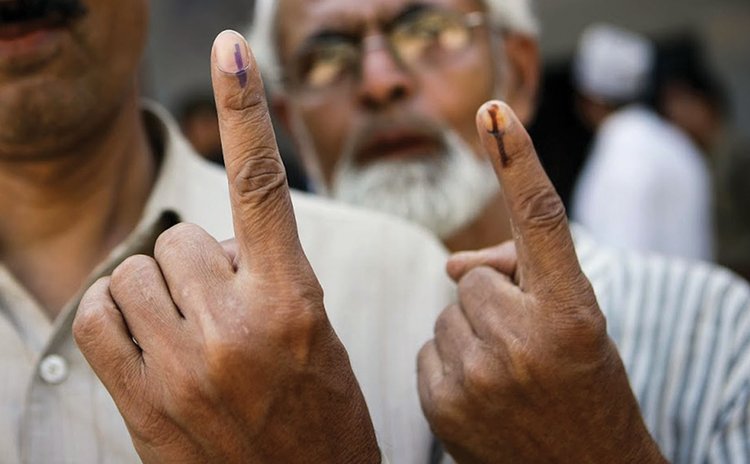Making the illegal legal
The ruling Dominica Labour Party has proposed worrying amendments to general elections laws

It is one of the most contentious and vexing general election issues – the widespread importation of Dominicans living abroad to cast their votes on Election Day.
The United Workers Party (UWP) has been accused of introducing the concept, albeit on a small scale, but it is the Dominica Labour Party (DLP) that has used it extensively and effectively in the last few elections.
Although the UWP has failed to prove in court that the ruling party has been literally buying the votes of the Dominican Diaspora, a dark cloud still hangs over the DLP practice of purchasing tickets and chartering planes for the hundreds of overseas voters it needs to hang on to constituencies it could otherwise lose.
This cloud could disappear if an amendment to the House of Assembly Election Act proposed by the DLP is approved.
This amendment, part of a number of changes proposed to the Registration of Electors Act, the House of Assembly (Elections) Act, and the Registration of Electors Regulations, would legitimize cheating, according to a person who has seen the proposed changes. It would legalise "expenses for transporting electors to or within Dominica for the purpose of voting".
"For the avoidance of doubt, the transportation of electors or the facilitation of the transportation of electors does not constitute an offence unless the transportation is provided or facilitated with the intention to induce the elector to vote for a particular candidate for whom or party for which the elector would not otherwise vote," states the proposed amendment to one of the sections.
This has prompted the ire of Wayne James and Hilary Shillingford, the two UWP-nominated members of the electoral commission.
"These changes to the legislation, especially the transporting of people to and within Dominica are intended to legitimize corrupting our election," James told The Sun in a telephone interview, giving the assurance that Shillingford shared his sentiments.
"It is corrupt . . . To fly in here one or two days before an election and install a government that the people don't want, that is unfair."
The Sun has obtained copies of the amendments, sent to the commission through President Charles Savarin in December last year, and the commission's response.
One area of concern raised by the commission is a lack of clarity on what constitutes corruption, recommending that "Parliament considers the incorporation of a clearer definition of the word corruptly in the statute". It also recommended that "serious attention" be given to the issue of campaign finance reform.
James was even more direct in his reaction to this proposed amendment. "We [James and Shillingford] do not agree that there is any need to meddle with the meaning of bribery," he told The Sun.
In what is seen as further proof that the DLP is looking to legalise election corruption, government is also proposing an amendment to the Registration of Electors Act that Dominica's missions and embassies "be designated as a registration office" to register Dominicans living abroad to vote.
In its response, the commission made no reference to this recommendation, seemingly agreeing by stating that in the main, it was "in agreement with the proposed amendments", even while making recommendations on other proposed changes.
However, the two UWP-appointed members are clearly in disagreement. "Based on what I have seen in relation to the overseas voters and so on, the chairman and the other members, they seem to be in sync with the idea of persons coming here to corrupt our system," James said.
"Mr. Shillingford and myself have resisted that [registering people at embassies] and we cannot have that. I believe the electoral commission should not undertake that. This is just something to corrupt the electoral process and I don't think Dominicans should stand for that."
Government is yet to get back to the commission on its response, and the team has not met to discuss proposals from the UWP, James said.
While they wait, there are those who remain worried by what the DLP has proposed.
"[What] the government is proposing it is dangerous," one person said. "If you are going to do anything with the law, you would strengthen it, but these guys want to legitimize [corruption and bribery]."
Gerald Burton, the Chairman of the Electoral Commission, declined the Sun's invitation to comment on the status of electoral reform; he referred the newspaper to chief elections officer Stephen LaRocque.




